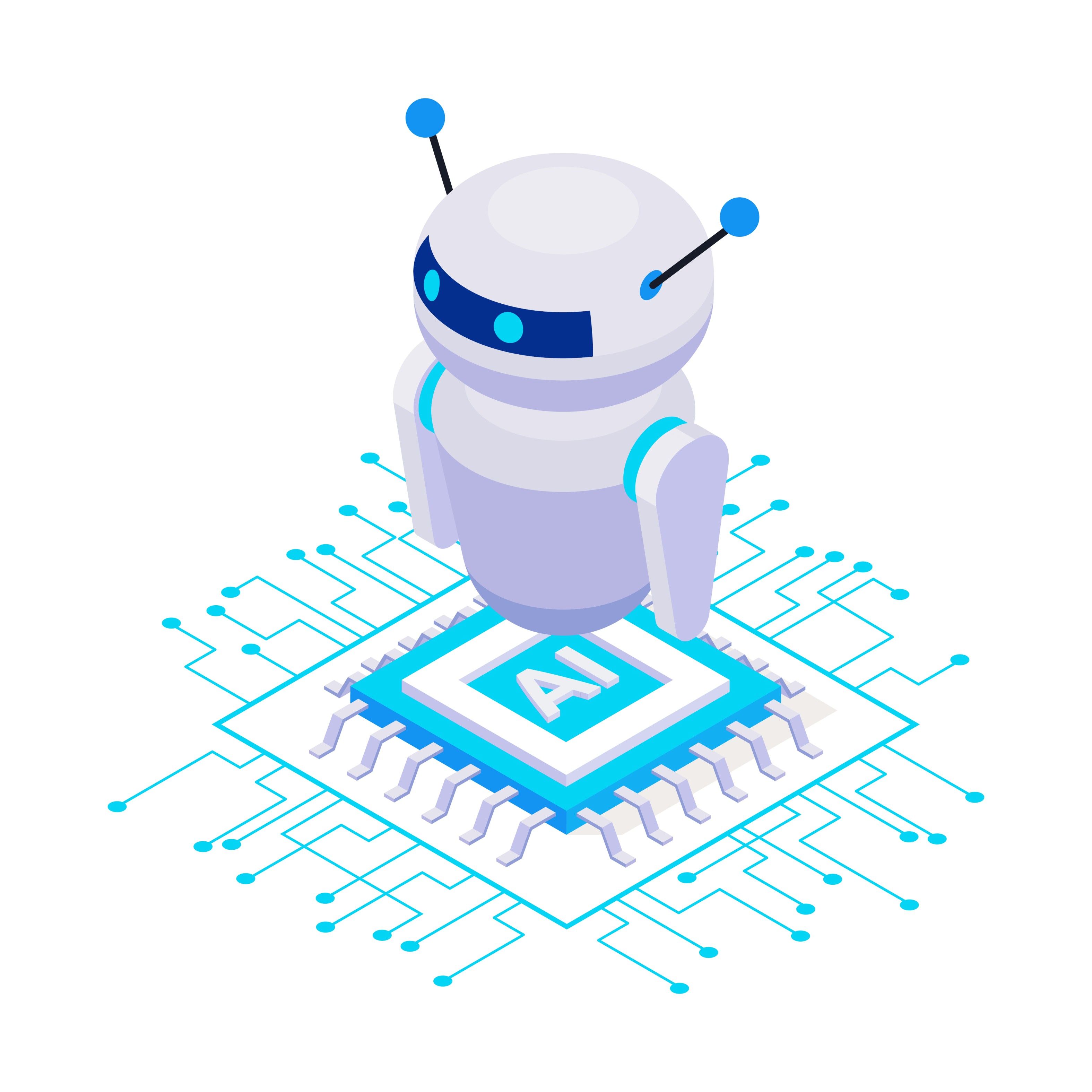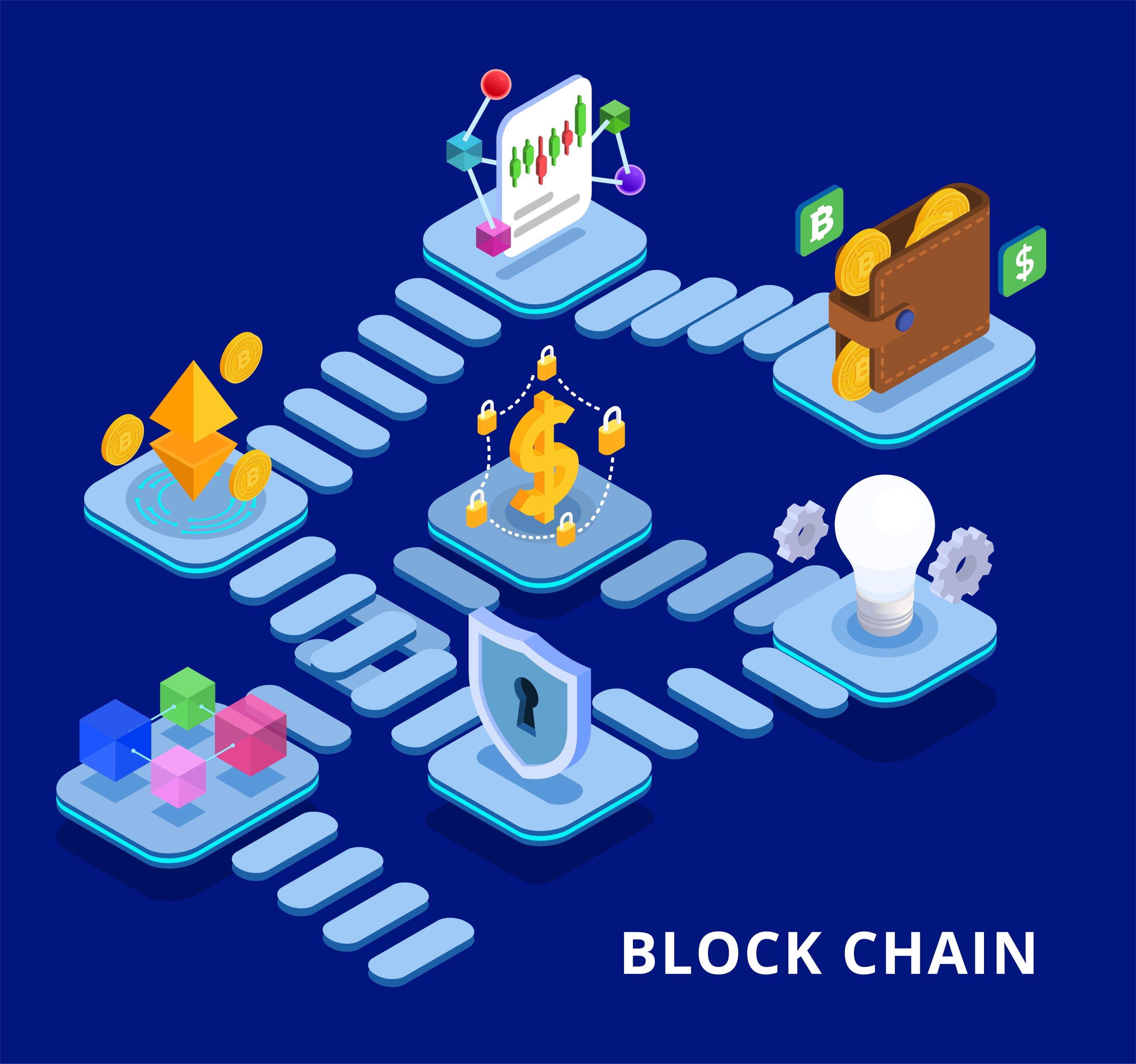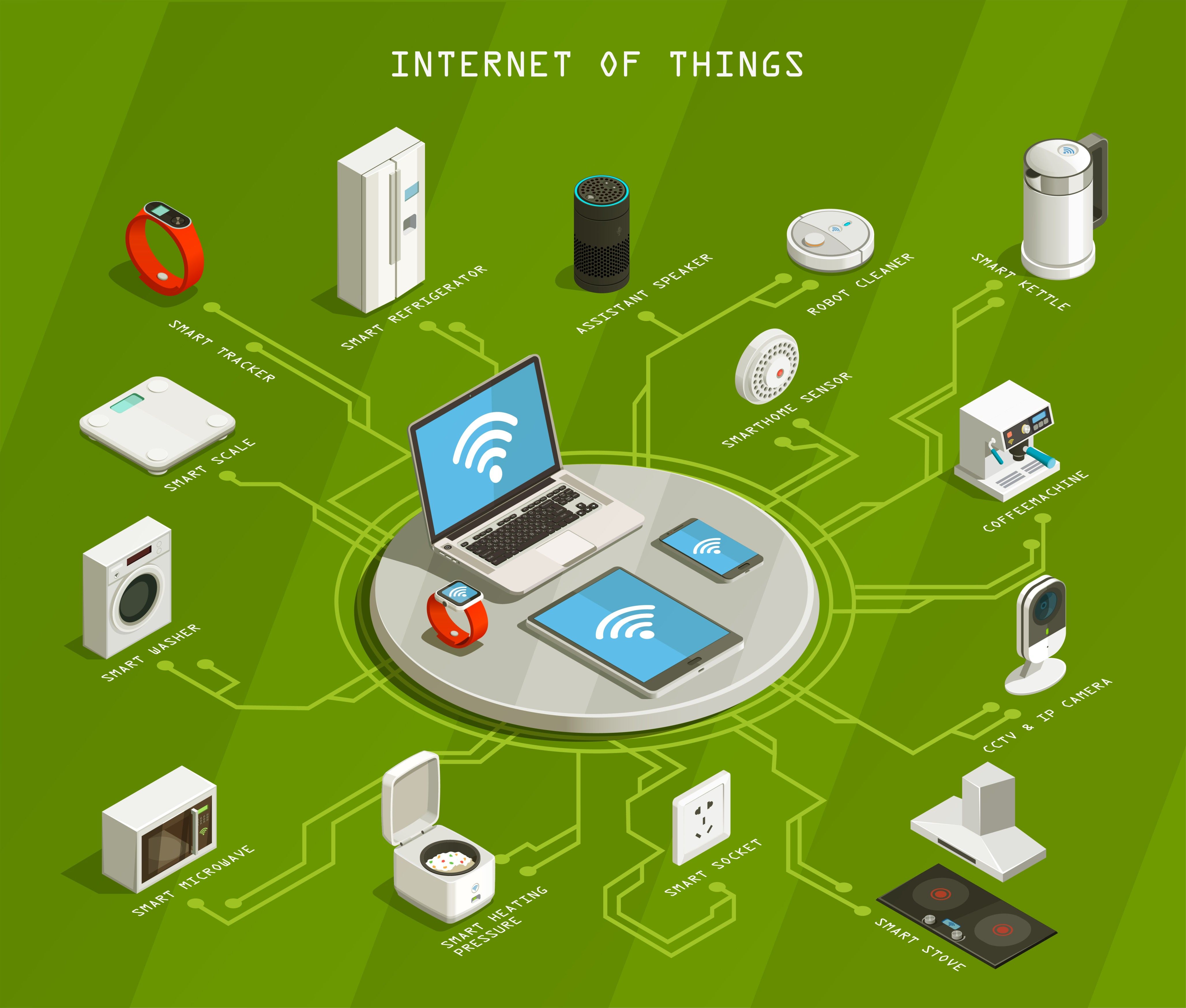
Navigating the Software Horizon: Unveiling the Latest Trends in Software Development
A Comprehensive Exploration of AI, Machine Learning, Blockchain, and IoT – Applications and Benefits
Introduction
In the ever-evolving realm of software development, staying abreast of the latest trends is not just an advantage but a necessity. This blog aims to be your guide through the dynamic landscape of software development, providing insights into cutting-edge technologies. We delve into the transformative potential of Artificial Intelligence (AI), Machine Learning (ML), Blockchain, and the Internet of Things (IoT). Let's explore the applications, benefits, and the impact these trends have on the software development landscape.
1. Artificial Intelligence (AI): Transformative Intelligence
Artificial Intelligence (AI) stands out as the zenith of innovation, revolutionizing how we approach software development. Its multifaceted applications, ranging from natural language processing to image recognition, have ushered in a new era of transformative intelligence. This comprehensive exploration delves into the myriad ways AI has permeated the realms of software development, unveiling its profound impact on automating complex tasks. As we unravel the applications, benefits, and potential innovations, it becomes evident that AI is not just a tool but a paradigm shift that promises improved efficiency, elevated user experiences, and groundbreaking possibilities.
The Versatility of AI Applications
Artificial Intelligence, with its diverse applications, has become an integral part of modern software development. Natural Language Processing (NLP) empowers software to understand and interpret human language, enabling chatbots, virtual assistants, and language translation tools. Image recognition, another facet of AI, has found applications in facial recognition, object detection, and even medical image analysis. Moreover, AI's reach extends to predictive analytics, where it analyzes historical data to predict future trends, aiding decision-making processes. In software development, this translates to more accurate estimations, resource allocations, and optimized project planning.
Automating Complexity: The Impact of AI
One of AI's defining attributes is its ability to automate complex tasks, reducing the burden on human resources and enhancing overall efficiency. In software development, this manifests in automated testing, code generation, and even bug fixing. Automated testing powered by AI algorithms ensures faster and more accurate identification of potential issues, leading to improved software quality. AI's impact on automation extends beyond coding processes. It has revolutionized project management by automating repetitive tasks, streamlining workflows, and predicting potential project risks. This not only accelerates development timelines but also allows developers to focus on more creative and strategic aspects of their work.

Illuminating the Benefits of AI in Software Development
The integration of AI into software development brings forth a myriad of benefits. Improved efficiency is a cornerstone, as AI-driven automation reduces manual efforts and accelerates development cycles. Enhanced user experiences result from the personalization capabilities of AI, tailoring software interactions to individual preferences. Groundbreaking innovations emerge from AI's ability to analyze vast datasets and derive meaningful insights. Predictive analytics, for instance, enables software developers to anticipate user needs and preferences, paving the way for the creation of highly intuitive and responsive applications.
Embracing the Future: AI as a Catalyst for Innovation
As we navigate the landscape of software development, it becomes evident that AI is not merely a tool but a catalyst for innovation. Its transformative intelligence reshapes traditional paradigms, unlocking new possibilities and challenging conventional approaches. The potential for groundbreaking innovations in AI-driven software development is immense, with the continuous evolution of algorithms, neural networks, and machine learning techniques.
2. Machine Learning (ML): Unleashing Predictive Power
Unraveling the Essence of Machine Learning
In the vast landscape of Artificial Intelligence, Machine Learning (ML) emerges as a transformative subset, harnessing the power of data-driven insights. This section unravels the intricate tapestry of ML's applications in software development, showcasing its ability to enable systems to learn, adapt, and evolve from experience. From predictive analytics to personalized recommendations, ML reshapes the software development landscape, unlocking a realm of possibilities that transcend traditional programming paradigms.
Applications of ML in Software Development
Machine Learning's impact on software development is far-reaching, offering solutions to complex challenges. Predictive analytics, one of ML's prominent applications, empowers software to anticipate future trends, user behaviors, and potential issues. This foresight revolutionizes decision-making processes, allowing developers to proactively address challenges and optimize outcomes. Personalized recommendations, another facet of ML applications, enhance user experiences by tailoring content and interactions based on individual preferences. This level of customization not only fosters user engagement but also contributes to the creation of more intuitive and user-centric software solutions.
Benefits of ML in Software Development
Delving into the benefits, Machine Learning emerges as a catalyst for positive change in software development. Improved decision-making becomes a hallmark, as ML algorithms analyze vast datasets, providing valuable insights for informed and strategic choices. Automation of mundane tasks further elevates efficiency, enabling developers to focus on more intricate aspects of the development process. ML's influence extends to the creation of adaptive and intelligent software solutions. By learning from user interactions and evolving over time, ML-driven systems optimize their performance, ensuring that software remains relevant and responsive to evolving user needs.
Evolution toward Adaptive and Intelligent Systems
Machine Learning represents a paradigm shift in software development, steering us toward the era of adaptive and intelligent systems. The continuous learning and improvement inherent in ML algorithms pave the way for software that not only reacts to user inputs but also anticipates and adapts to changing circumstances. This evolution transforms static applications into dynamic, responsive, and intelligent entities.
3. Blockchain: Building Trust in a Decentralized World
Unveiling Blockchain's Evolution
Originally conceived as the underlying technology for cryptocurrencies, Blockchain has transcended its roots to become a transformative force across various industries. In this section, we delve into the metamorphosis of Blockchain, exploring its applications in software development and its pivotal role in building trust within a decentralized world.
Applications of Blockchain in Software Development
The impact of Blockchain on software development is profound, ushering in a new era of secure and transparent transactions. This section navigates through the diverse applications of Blockchain, from ensuring the integrity of financial transactions to the implementation of smart contracts and the creation of decentralized applications (DApps). These applications collectively redefine how software is developed, executed, and trusted in a decentralized landscape.

Benefits of Blockchain in Software Development
The benefits of incorporating Blockchain into software development are illuminated, with a focus on enhanced security and transparency. The decentralized nature of Blockchain ensures that transactions are secure, tamper-resistant, and verifiable, instilling a new level of trust in digital interactions. Furthermore, the potential to revolutionize traditional business processes is explored, showcasing Blockchain as a disruptive force with far-reaching implications for the future of software development.
Enhanced Security and Transparency
Blockchain's contribution to software development is exemplified through its emphasis on enhanced security and transparency. By utilizing a decentralized and distributed ledger, Blockchain minimizes the risk of fraudulent activities and unauthorized alterations. This section unravels how Blockchain's transparent and immutable nature establishes a new standard for trust in software development, fostering an environment where integrity is paramount.
4. Internet of Things (IoT): Interconnected Innovations
Unveiling the Seamless Integration of IoT
The Internet of Things (IoT) has emerged as a transformative force, seamlessly bridging the physical and digital realms. This section explores the revolutionary impact of IoT on software development, unlocking unprecedented avenues for connectivity. As we delve into the applications, benefits, and the creation of innovative ecosystems, it becomes evident that IoT is not merely a technological advancement; it is a paradigm shift shaping the future of software development.
Applications of IoT in Software Development
IoT's influence on software development is vast, extending across diverse domains. This section navigates through the applications of IoT, ranging from the creation of smart homes with interconnected devices to the optimization of industrial processes through automation. The seamless integration of physical devices into the digital landscape fundamentally alters how software is conceptualized and developed.
Benefits of IoT in Software Development
Diving into the benefits, IoT emerges as a catalyst for positive change in software development. Improved efficiency takes center stage, as IoT-enabled systems optimize processes, reduce redundancies, and enhance overall productivity. Real-time monitoring becomes a reality, enabling swift responses to changing conditions and potential issues. The creation of innovative and interconnected ecosystems further propels software development into an era of dynamic, adaptive, and responsive solutions.

Improved Efficiency and Automation
The impact of IoT on software development is exemplified through its contribution to improved efficiency and automation. By interconnecting devices and systems, IoT enables the seamless flow of information, optimizing processes and resource utilization. This section explores how IoT's influence on software development extends beyond individual applications, shaping an environment where efficiency is maximized, and automation becomes a driving force.
Conclusion
The dynamic landscape of software development is marked by the rapid evolution of transformative technologies. By keeping your audience updated on the latest trends, such as AI, ML, blockchain, and IoT, you position your software development initiatives at the forefront of innovation. Embrace these trends to unlock new possibilities, elevate user experiences, and revolutionize the way software solutions are conceptualized and deployed. As we navigate the software horizon, let's embark on a journey of continuous learning, exploration, and innovation in the ever-expanding realm of software development.